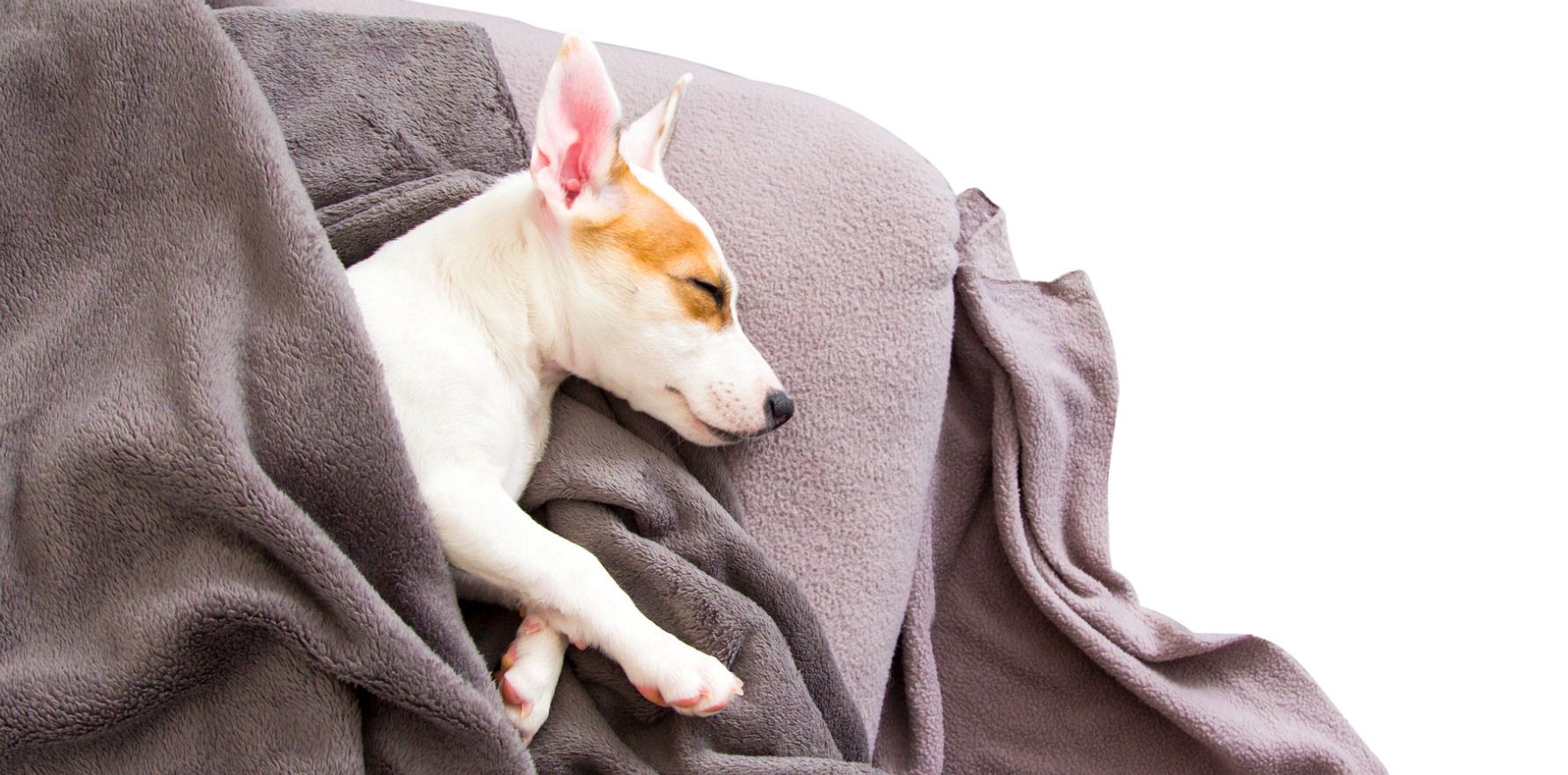The devices improve sleep, mood, behaviour and perceptions of chronic pain in adults, researchers say.
Sleeping under a weighted blanket helps improve sleep and mood and reduce medication use and pain levels, researchers say.
A Flinders University-led scoping review included 18 studies and found strong evidence that adults who used weighted blankets overnight had lower anxiety and stress and reduced perceptions of chronic pain.
Some studies in aged care residents showed they fell asleep more quickly when using weighted blankets, were less disturbed during the night, slept longer and were less tired during the day. In one study, a weighted blanket improved sleep in a person with severe dementia.
Weighted blankets improve relaxation through deep pressure stimulation, the researchers said.
“Nonpharmacological sleep intervention options are increasingly recommended for a range of patient groups, including people experiencing chronic pain and children with neurodisabilities with sleep disturbance,” the researchers said in the American Journal of Occupational Therapy.
“Dementia care protocols and guidelines recommend nonpharmacological approaches as the first treatment option and there are calls for reduction or elimination in use of restrictive practices (including chemical restraint) in a range of contexts.
“Given the weak evidence for sleep medications and potential harms for some patient groups, weighted blankets are an alternative option.”
While the evidence was strong that weighted blankets helped sleep in adults, the researchers said sleep outcomes were mixed for children. There was some evidence that weighted blankets improved mood and behaviour in children with ADHD and autism, they said.
Studies in children with ADHD and autism found they were less anxious, angry, impulsive and irritable, and had improved school performance and better sleep leading to a more stable mood.
The researchers said some parents reported positive outcomes from using weighted blankets such as improved morning mood, improved attention and reduced impulsivity and hyperactivity, and improved behaviour and daily functioning.
In one study, “parents reported increased participation in their child’s school activities and homework, increased participation in tasks at home, and enhanced engagement in leisure activities and socialising”.
Lead author and occupational therapist Dr Suzanne Dawson said weighted blankets were a tangible, non-drug intervention to improve sleep quality.
“Adults who used the blankets reported better sleep, reduced use of sleep medications, and even improvements in mood and pain management.
“Parents often reported that their children appeared more relaxed, less anxious, and more focused during daily activities when using the blankets, which could have a long-term impact on their overall wellbeing,” says Dr Dawson.
Dr Dawson said clinical guidelines were needed to support the use of weighted blankets.
“Blankets come in in various types, from containing beads or chains, and various weights, but as yet no standardised recommendations exist, including type, weight, frequency of use, or duration.
“While more rigorous research is needed to find their optimal use, use of weighted blankets should be further explored in practice.”
Dr Dawson said the scoping review had been used to change South Australian protocols for the use of weighted blankets across public mental health services.
The researchers noted that blankets should be able to be removed easily and independently by children and adults with cognitive difficulties.


